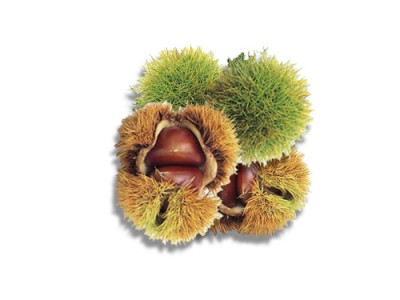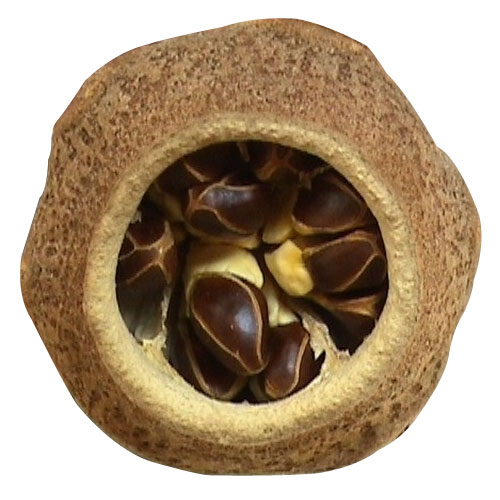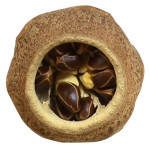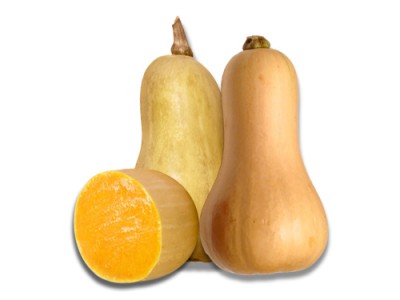

Paradise Nut Facts And Its Origin
Paradise Nut
The joy will know no bound when someone discusses about the trees and its origins. Each and every tree is unique even though they look alike. The trees generally have both flowers and fruits. The fruits are also called as nuts. Millions of trees lives for hundreds of years and protects the eco-system. The trees are tall, medium and short depending upon their nature and the soil where they grow. This topic will deal about a wonderful tree named Paradise Nut. The botanical name for this tree is Lecythis usitata . These trees are famous in South America and found abundantly in the Amazonian forests of Brazil. It is also found largely in Guianas, Suriname, Venezuela, Ecuador and Honduras. This ecological friendly trees which is found in the Amazon forest is extremely beneficial to animals and humans.
The bats generally disperse the seeds and the seeds germinate quickly from the dispersed place. The fruits are quite big and are coconut sized. The nuts are used for human consumption and these nuts are used for the preparation of Edible oils. The nuts are rich in anti-oxidant and other nutrients. These trees grow up to 55 m tall and the bark is grayish-brown. These mind blowing trees which belong to Venezuela gives out beautiful flowers during June to September.
Harmful effects
The benefits of consuming paradise nuts include providing the body with essential fatty acids, fiber, and protein while also helping to reduce inflammation and improve cognitive health. Additionally, they are known to be a good source of antioxidants, minerals, and vitamins such as magnesium, phosphorus, potassium, zinc, and vitamins A, B, and E. However, consuming too many paradise nuts can lead to negative side effects such as digestive issues, increased risk of kidney stones, and sensitivity to certain foods. Additionally, those with nut allergies may experience negative reactions to consuming paradise nuts.



